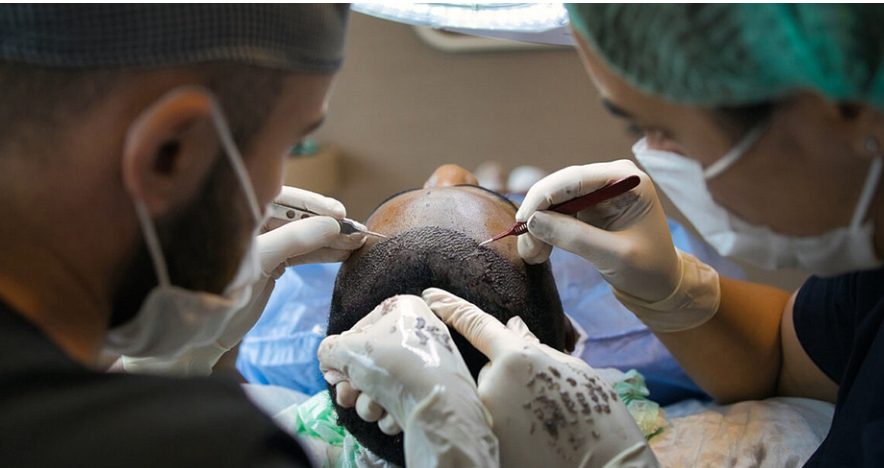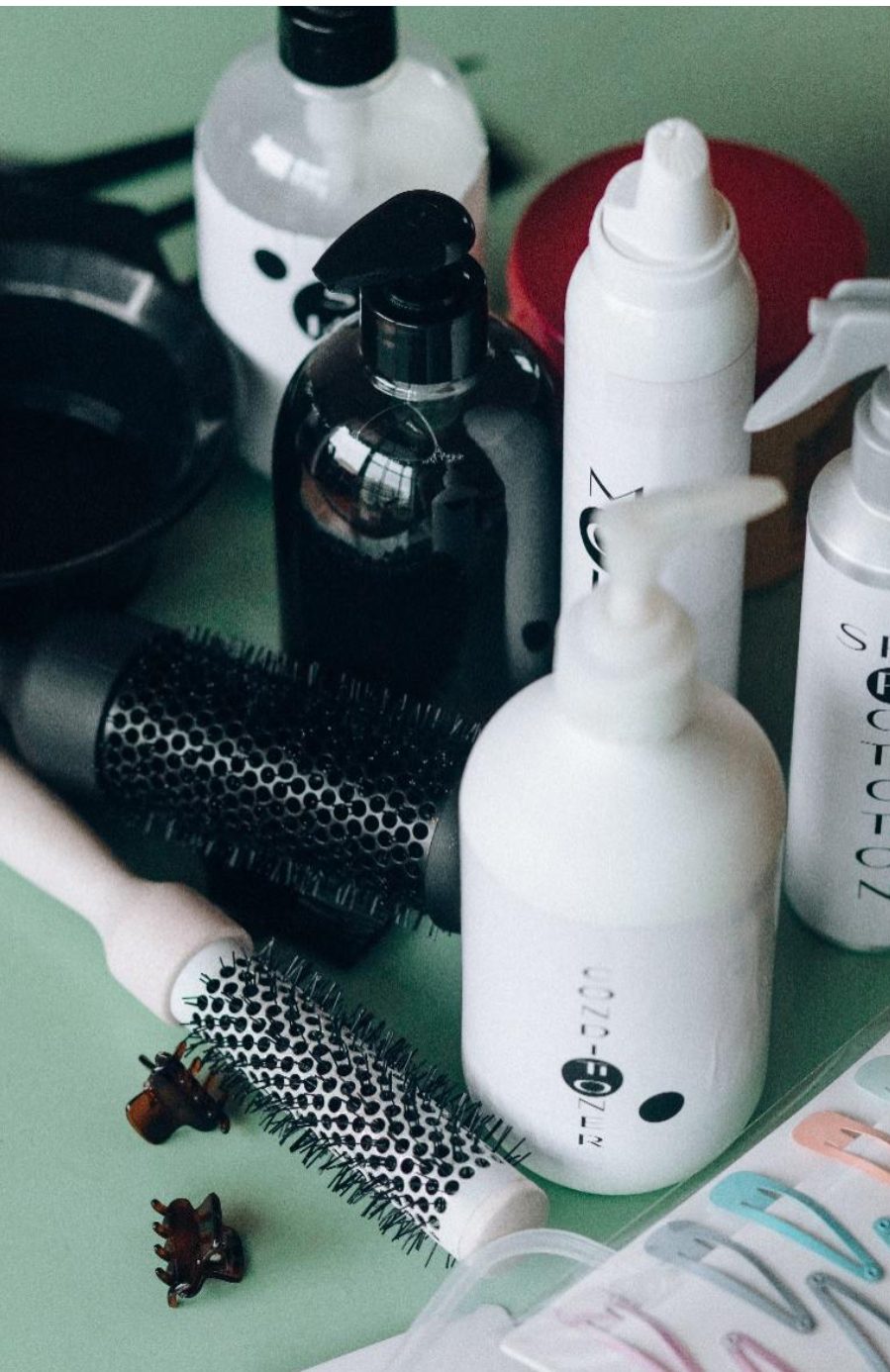A hair transplant can be a big decision with significant life-altering effects for those struggling with hair loss. The good news is that once the delicate procedure is complete and healed, the transplant acts like normal hair and looks the part too! This means you’ll be able to enjoy life to the fullest with your new hair without missing out on any opportunities.
However, you should expect certain lifestyle restrictions until it has healed completely. Recovering from a hair transplant can take some time, during which you must look after your scalp and new hair to achieve the best possible results.
To make things easier, the hair restoration specialists at TecniFUE Hair Clinic, one of the leading hair transplant centers in Turkey, share a timeline of what to expect after surgical hair replacement, along with a list of dos and don’ts to help you get the results you’re looking for.
Hair Transplant Care: A Timeline
Successful hair grafts mainly depend on the surgeon’s skills, technique, and quality of each patient’s grafts, as well as the success of the follicles transferring to the grafting area from the harvesting area. However, recovery is just as important.
The weeks after the hair replacement therapy are critical for proper hair growth. No matter what technique you go for, the risk of failed hair transplant can only be eliminated when you take good care of the new, fragile grafts.
Whether you’re a woman looking for hair implants in Turkey, or a man who wants to learn more about beard and mustache transplant service, frizzy hair transplants, or micro FUE hair transplants, professionals at Turkey’s best hair transplant clinic will guide you about everything—from pre-treatment care to post-operative advice.

While the initial weeks are crucial for recovery, the transplanted grafts continue healing and growing for up to a year and sometimes beyond. The hair may feel uneven and rough initially, but they soon grow into the youthful appearance you dream of.
Hydration and rest are important as they assist in speeding the recovery. Patients often report side effects such as mild pain, itching, and swelling up to four weeks post the transplant. Following the recommended aftercare steps, such as regularly spraying the scalp, will help protect incisions and follicles from scabbing while speeding up the healing process.
Some people experience ‘shock hair loss’ and shedding, which is a natural part of the recovery process. In fact, it triggers the regrowth of the transplanted hair follicles and gradually makes the hair regrow after the initial shedding.
Hair restoration specialists recommend you schedule appointments regularly to ensure everything is progressing on the right track. Since everyone heals differently, the recovery process can be tailored accordingly. Use the chance to go over any queries you may have regarding the procedure or aftercare.
Do’s and Don’ts of Hair Transplant Care
DO: Avoid Physical Activities
Limit exercise or other strenuous activities at least two weeks after the procedure as the exertion can raise your blood pressure which may cause unnecessary bleeding and the transplanted grafts to fall out.
Some hair restoration specialists recommend longer exercise-free periods to mitigate potential trauma, depending on each patient’s circumstances. Consider switching to light exercises or yoga but avoid contact sports or poses where the head dangles, as it’s not good for the transplanted grafts.
Don’t: Expose the Scalp to Sunlight
Avoid direct sunlight or rain exposure in the early days after the hair transplant, especially if you’ve got a swollen scalp. The sun can damage grafts still in a delicate state because the scalp is usually sensitive post-surgery. If it’s not possible to completely avoid the sun, try staying indoors or in the shade for the first few weeks during recovery.
DO: Follow the Surgeon’s Instructions
Strictly adhere to all instructions provided by the hair restoration specialist. Depending on your situation, they might also give you antibiotics, painkillers, and medications. Discuss which medication is safe to take during this time.
It’s generally recommended that you wash the hair gently when three days have passed. Don’t blast the water stream on the scalp directly; use a cup to rinse instead. Avoid scrubbing or scratching your head; don’t let ball caps, hats, or anything touch your hair until the scabs solidify.
You can apply ice to prevent swelling above the eyebrows and use conditioner, aloe vera, oil, or mild anti-irritation products. It will help hydrate and heal the implanted area while preventing the skin from becoming itchy or dry. All aggressive products, such as hair gels, colorings, waxes, and harsh chemicals, are forbidden. Avoid using brushes and combs as well.

Don’t: Look Down or Bend Over for Longer Periods
Bending over for long periods causes blood to rush to the head, leading to bleeding, irritation, or the grafts not holding correctly. Even when you sleep, keep the head elevated for at least one week and when you experience swelling. Some patients don’t experience swelling at all, while others experience it for a few days. Recliners are very useful as makeshift beds in this situation.
Do: Avoid Smoking and Alcohol For At Least a Month
Alcohol and smoking should be avoided because they impact the blood flow to the hair follicles, making healing more difficult. While giving up drinking and smoking altogether would be the best course of action, don’t let them interrupt the growth of your new hair for at least four weeks after the surgery.
Don’t: Sweat Excessively
Avoid saunas, outdoor lunches on hot days, and other activities that can cause excessive sweating. It can run the risk of causing infections in the transplant area. If your job entails physical activity or working in the heat, discuss the situation with the surgeon because you may need to factor in additional time off work until you’ve properly recovered from the transplant.
You should also make sure you don’t fall for gimmicks and book a consultation only at a reliable hair transplant center in Turkey. The surgery is minimally invasive but only beneficial when conducted by a professional who knows the best technique to help restore your hair safely.
James Wilson from TecniFUE Hair Clinic is one of the best choices, with experience that extends over a decade, during which he helped thousands of people reinvent themselves, preserve their youth, and build self-confidence.
Request a quote to get your hair restoration process started from one of the best hair transplant surgeons in the world for DHI Hair Transplant, Beard and Mustache Transplant, or Sapphire Micro FUE Hair Transplant in Turkey.





























